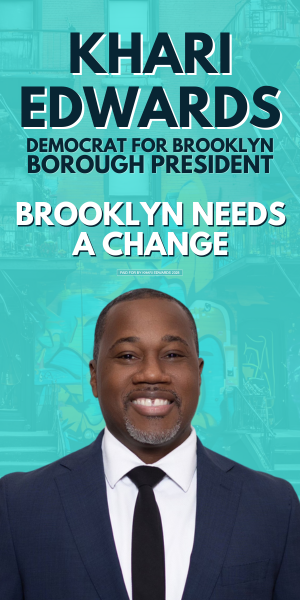On Monday, April 28th, Governor Kathy Hochul unveiled a $254 billion state budget aimed at enhancing public safety, supporting families, and creating fairer opportunities for youth. The budget, finalized nearly a month after the April 1st deadline, includes key changes that will impact children, seniors, and middle-class households across New York.
A major feature of the budget is a state-wide ban on cell phones in schools, effective from the start to the end of the school day. The ban is designed to reduce distractions and improve student mental health. Governor Hochul stated the ban would protect youth from “addictive technology that seeks to capture their focus.” The policy takes effect in September, with school districts responsible for managing device storage during school hours. Exceptions will be made for students who care for others.
The budget also provides rebate checks for middle-class families. Families will receive $400, while individuals will get $200. This is a reduction from the original $500 per person, following concerns over the state’s fiscal health amid economic instability. Senator Pat Fahy supported the adjustment, citing the state’s financial pressures.
A $3 billion investment in New York’s infrastructure is another key aspect, targeting the Metropolitan Transportation Authority (MTA). The funding, sourced from payroll taxes and reallocated state funds, will help support the MTA’s $65.4 billion capital project to modernize the city’s transportation system.
To improve public safety, the budget introduces a new criminal charge for individuals who use masks to conceal their identities while committing serious crimes. This measure responds to recent incidents involving masked protesters and seeks to limit the use of face coverings in criminal activity.
The budget also expands criteria for involuntary mental health commitments, enabling more individuals to receive care if they cannot meet basic needs. While the initiative has support, civil rights organizations have raised concerns about its potential impact on the homeless population.
Despite praise for its focus on safety and family support, critics argue that the budget does not address long-term financial issues. Andrew Rein, president of the Citizens Budget Commission, warned that increased spending could strain New York’s finances, particularly with looming federal budget cuts.
As the budget nears final approval, Governor Hochul is confident it will provide substantial relief, especially to vulnerable New Yorkers.










